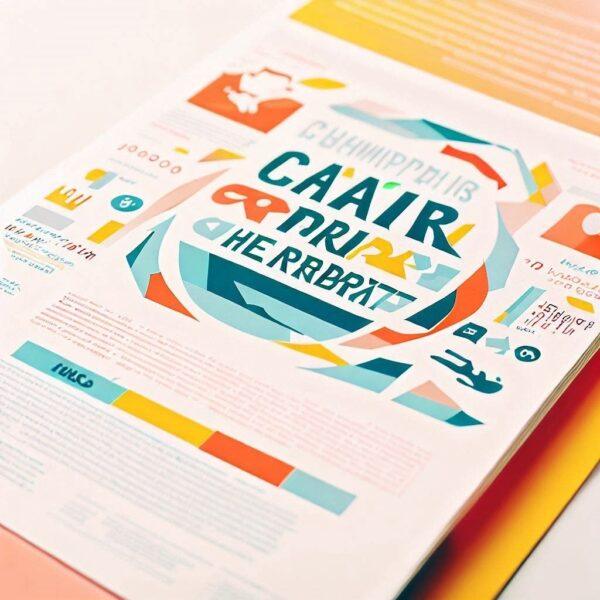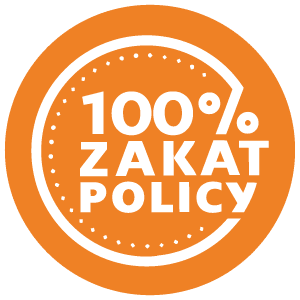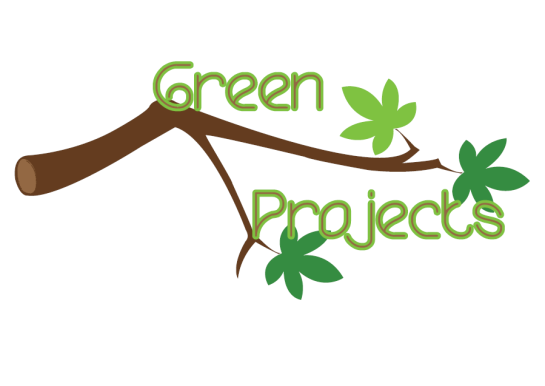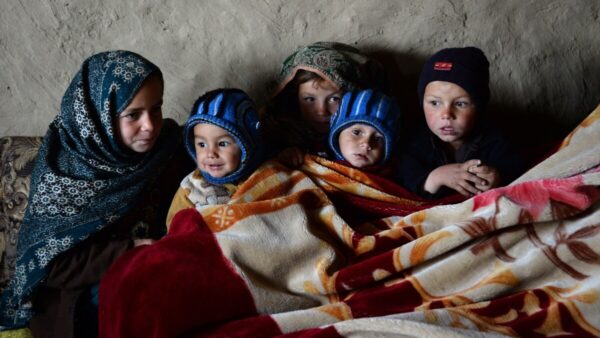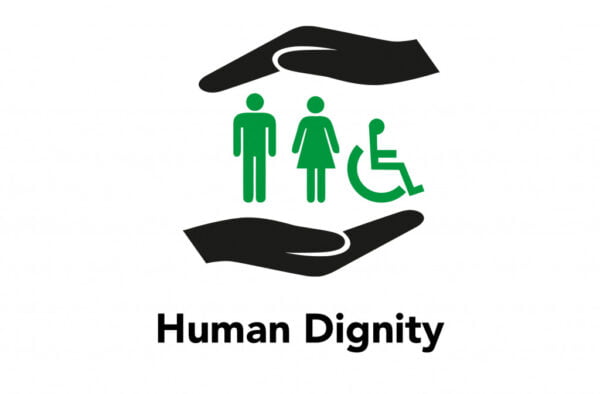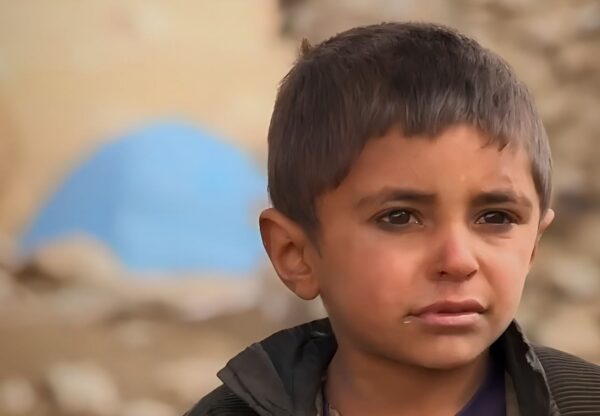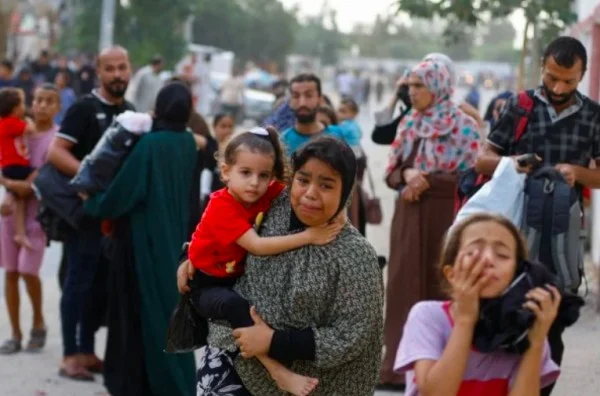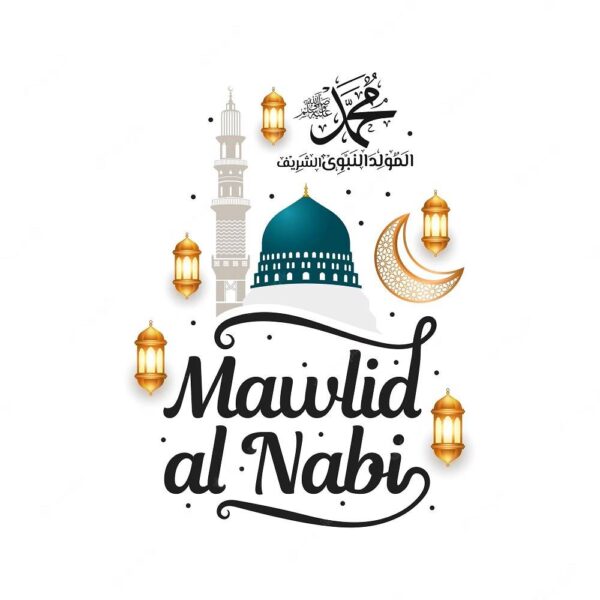The practice of niyyah in Islam is a crucial aspect of our faith. Niyyah is the act of intention, and it is believed that our intentions shape our actions and our destiny. As Muslims, it is important to make niyyah before performing any act, be it a small task or a major undertaking.
Niyyah is an Arabic word that means intention, purpose, or motive. It is a key concept in Islam, as it determines the validity and reward of one’s actions. According to Islamic teachings, one should have a sincere and pure niyyah for every act of worship, such as prayer, fasting, charity, pilgrimage, etc. One should also have a good niyyah for every worldly action, such as work, study, family, etc., and seek the pleasure of Allah (SWT) in everything they do. Niyyah is not only a verbal declaration, but also a state of mind and heart that reflects one’s faith and commitment to Islam.
Practicing Islamic niyyah means to constantly renew and purify one’s intention for the sake of Allah (SWT), and to align one’s actions with the guidance of the Quran and the Sunnah of Prophet Muhammad (PBUH). Practicing Islamic niyyah helps one to avoid hypocrisy, arrogance, ostentation, and other negative traits that can corrupt one’s deeds. Practicing Islamic niyyah also helps one to achieve excellence, sincerity, gratitude, and humility in one’s life. Practicing Islamic niyyah is a way of worshiping Allah (SWT) with one’s heart and mind, as well as one’s body and soul.
What are Payment Niyyah?
Payment Niyyah(intentions) are the specific purposes or causes that our donors choose or specify when they make their payments to us. Payment intentions can be general or specific, depending on the donor’s preference. For example, a donor can make a general payment intention for any charitable cause that we support, such as education, health, water, food, etc. Or, a donor can make a specific payment intention for a particular project, program, or country that we work in, such as building a school in Pakistan, providing medical aid in Yemen, digging a well in Somalia, etc.
By making a payment intention, our donors express their niyyah for their donation and seek the pleasure of Allah (SWT) in their action. By following their payment intention, we respect their niyyah and seek the pleasure of Allah (SWT) in our action.
How We Follow the Payment Intentions of Our Donors?
We follow the payment intentions of our donors by using a transparent and accountable system that ensures that every payment is spent according to its intended purpose or cause. We use the following steps to follow the payment intentions of our donors:
- We record the payments and their payment intentions in our database and issue receipts or acknowledgments to our donors.
- We allocate the payments according to their payment intentions to different categories or accounts that correspond to different purposes or causes that we support.
- We monitor and track the spending of the payments according to their categories or accounts and ensure that they are used for their intended purposes or causes only.
- We audit and verify the spending of the payments according to their categories or accounts and ensure that they are compliant with the Islamic principles and rules of finance.
- We report and communicate the spending of the payments according to their categories or accounts to our donors and stakeholders through various channels, such as website, social media, etc.
- We evaluate and measure the impact and outcome of the spending of the payments according to their categories or accounts on the beneficiaries and society.
Why We Follow the Payment Intentions of Our Donors?
We follow the payment intentions of our donors because we believe that it is our duty and responsibility as an Islamic charity institute to do so. We follow the payment intentions of our donors because:
- It is a way of fulfilling our trust (amanah) with our donors who entrust us with their donations and contributions.
- It is a way of respecting their wishes and preferences regarding how they want their donations and contributions to be spent.
- It is a way of honoring their niyyah (intention) for their donations and contributions and seeking the pleasure of Allah (SWT) in their action.
- It is a way of ensuring that their donations and contributions are spent in a halal (permissible) and effective manner that benefits the needy and the oppressed in the world.
- It is a way of increasing their confidence and satisfaction with our work and services and encouraging them to continue supporting us in the future.
We at the Islamic charity institute, all our efforts are to carefully follow all the payment intentions of our donors and spend their payments according to their intentions. We do this because we value their trust and confidence in us, we respect their wishes and preferences regarding how they want their payments to be spent, we honor their niyyah (intention) for their payments and seek the pleasure of Allah (SWT) in their action, we ensure that their payments are spent in a halal (permissible) and effective manner that benefits the needy and the oppressed in the world, and we increase their confidence and satisfaction with our work and services and encourage them to continue supporting us in the future. May Allah (SWT) reward our donors and us for our efforts and accept our deeds. Ameen.


